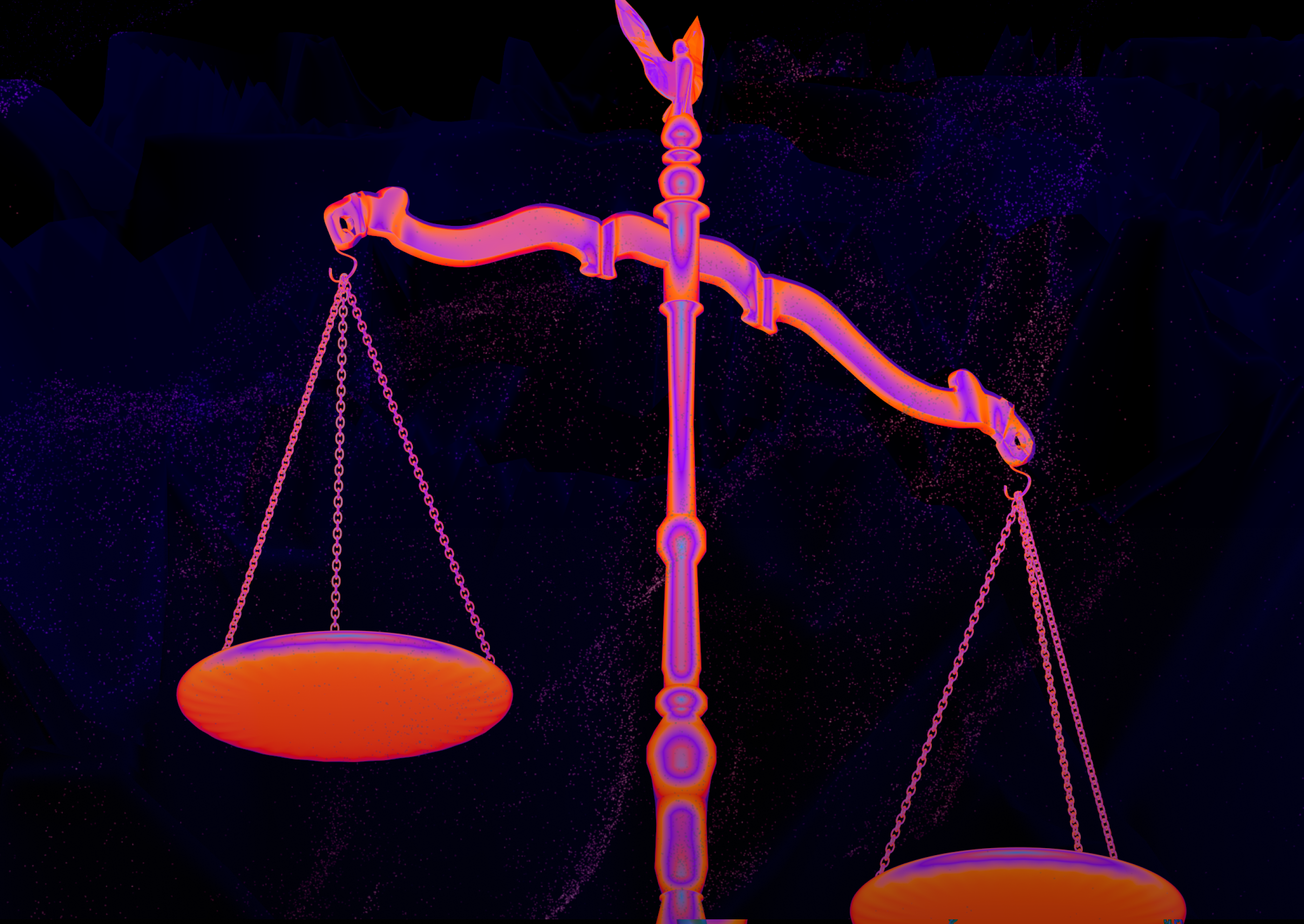

As artificial intelligence (AI) technology grows rapidly, there's a big push to make sure it's used safely and fairly. This is where new rules, like the AI Act regulation, expected in 2024, come into play. The AI Act is a set of guidelines that countries are working on to make sure AI technology respects our rights and helps rather than harms society. This article breaks down what the AI Act (Artificial Intelligence Act) is all about. We'll look at what it says you can't do with AI, how it might change the way companies create AI technology, and what companies need to do to follow these new rules.
The AI Act represents a comprehensive legal framework designed to regulate the development, deployment, and use of AI systems within the jurisdiction it applies. The AI Act sorts AI applications into groups according to how much risk they carry, ranging from very low to extremely high. Depending on their risk level, different rules apply to make sure these AI systems are secure, easy to understand, and fair to everyone.
Here's what it aims to do.
• Keep Our Rights Safe: The AI Act wants to make sure AI doesn't step on our privacy or freedom, preventing AI from becoming a tool for surveillance or discrimination.
• Make Sure AI is Clear and Safe: It says that AI should be easy to understand and explain, especially how it makes decisions, and it must be built to avoid accidents or mistakes.
• Help Innovation Grow: By having one set of rules for everyone, it's easier for companies to make new and helpful AI technologies without running into different laws everywhere.

The AI Act clearly outlines what is not allowed when it comes to AI, focusing on practices that pose a high risk to society. These banned activities include:
• Broad Surveillance: Using AI to watch over the public widely or to score people's behaviors without clear reasons.
• Social Scoring Systems: Creating systems that judge people by their actions or personal qualities to change their place in society or their access to services.
• Manipulative or Exploitative Uses: Designing AI that takes advantage of people's weaknesses or tricks them into doing something harmful.
The AI Act will bring big changes to the AI field, altering the way AI technologies are imagined, built, and introduced to the public.
Challenges Ahead
• Cost of Following the Rules: Companies will have to spend a lot on setting up systems and processes to make sure they're following the new laws.
• Slower Innovation: Meeting these new requirements could mean it takes longer to develop and release new AI technologies.
Opportunities
• Standardization: The AI Act's unified rules help simplify the market, making it easier for AI products to be developed and sold across borders without dealing with conflicting regulations.
• Trust and Adoption: Following these rules can make people more confident in using AI technologies, potentially leading to wider acceptance and use.
For companies to successfully meet the AI Act's requirements, they should start early and be thorough in their approach to compliance.
• Risk Assessment: Evaluate AI systems to see where they fit within the AI Act's risk categories, paying special attention to those that might pose high risks.
• Documentation and Transparency: Keep detailed records of how AI systems are built, including where their data comes from, how they learn, and how they make decisions.
• Ethical AI Principles: Make sure fairness, responsibility, and openness are part of AI development from start to finish.
• Continuous Monitoring: Set up a system for regularly checking AI technologies to ensure they keep up with legal standards as they evolve.
• Engage with Stakeholders: Work together with regulators, other businesses, and community groups to exchange ideas and stay up-to-date on how to stay compliant.
• Invest in AI Literacy: Teach your team about AI's legal and ethical aspects to encourage a culture of mindful and responsible AI creation.
• Use Technology for Compliance: Take advantage of tools designed to help manage AI governance and compliance, making it easier to keep track of documentation, assess risks, and monitor AI systems over time.
The AI Act lays the groundwork for a future where AI operates within clearly defined ethical and legal parameters. By grasping the act's requirements, understanding its implications for the industry, and adopting effective compliance measures, companies that develop products can move forward with assurance in this evolving regulatory framework.
This article provides a comprehensive overview of the AI Act tailored to product companies. It outlines the necessary background, potential challenges, and strategic lines for navigating the regulatory environment of AI. THIS ARTICLE CAN NOT BE CONSIDERED LEGAL ADVICE. In case you need a professional legal advice, please contact your attorney.
Please see the latest draft of the law here.
